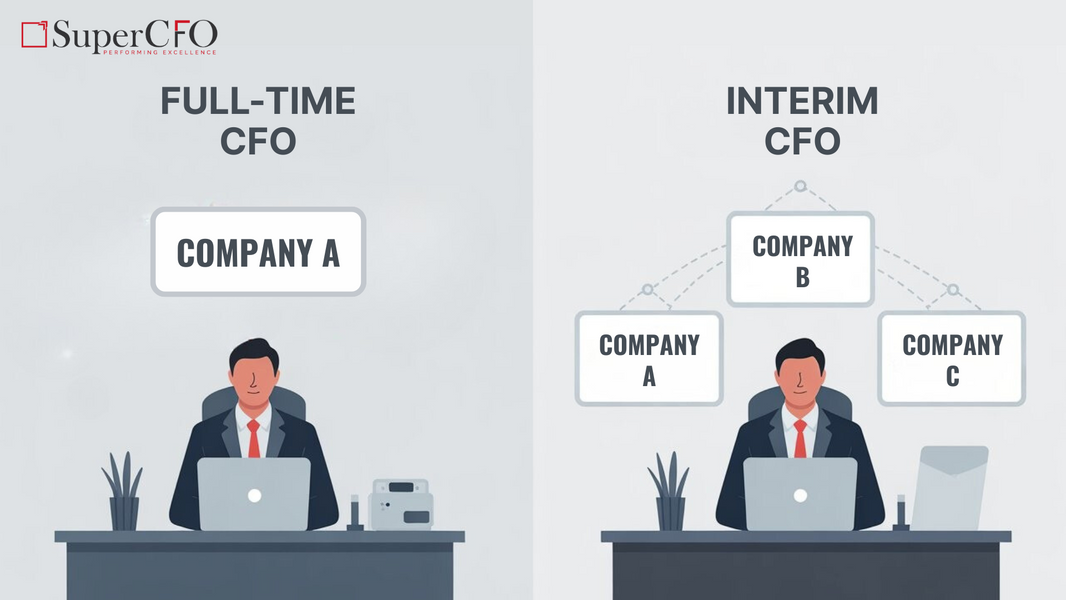When two companies decide to merge or one buys another, it's a bit like buying a house. You wouldn't purchase a property without checking for leaky pipes, right? The same goes for businesses. Before any deal closes, smart buyers do a thorough "finance hygiene check" to make sure they're not inheriting hidden problems.
Here are five essential steps that can save you from costly surprises:
1. Review the Cash Flow, Not Just Profits
A company might show impressive profits on paper, but that doesn't mean cash is actually flowing in.
Example: Imagine a software company reports $1 million in profit because they signed a big contract. But if the customer won't pay until next year, the company might struggle to cover this month's salaries. Always check how much actual cash is coming in and going out each month.
2. Verify All Debts and Liabilities
You need to know exactly what you're taking on. Every loan, lease, and liability.
Example: A manufacturing company might look profitable, but dig deeper and you discover they owe $5 million to suppliers, have three pending lawsuits, and their equipment is leased with hefty penalties for early termination. These hidden obligations can sink a deal fast.
3. Check Revenue Quality
Not all revenue is created equal. Is the money coming from loyal, long-term customers or one-time deals that won't repeat?
Example: A consulting firm shows $2 million in annual revenue, but 80% comes from a single client who's planning to switch providers next quarter. That's a red flag. Diverse, recurring revenue is what you want to see.
4. Examine the Accounting Practices
Make sure the numbers are real and calculated consistently. Sometimes companies use "creative accounting" to make things look better than they are.
Example: A retail company might count merchandise as "sold" when it ships to stores, even though stores can return unsold items. This inflates revenue artificially. Look for conservative, standard accounting methods.
5. Assess Tax Compliance and History
Tax troubles from the past can become your problem after the deal closes.
Example: A target company hasn't paid proper taxes in two states where its remote employees work. After acquisition, you could face back taxes, penalties, and interest totalling hundreds of thousands of dollars. Always review at least three years of tax returns and any ongoing disputes.
The Bottom Line
Think of this finance hygiene check as your insurance policy. Spending a few weeks (and some money on accountants and lawyers) upfront can prevent you from buying a company that looks shiny on the outside but has serious problems under the hood.
The best deals are made with eyes wide open. Do your homework, ask tough questions, and never skip these five steps, no matter how excited you are about the opportunity.










